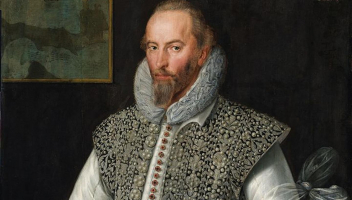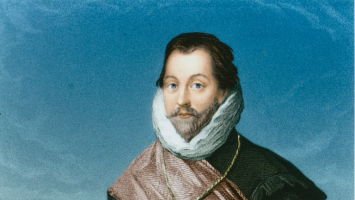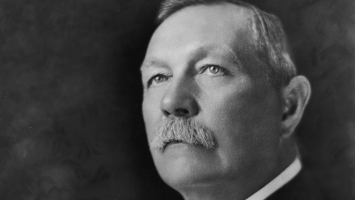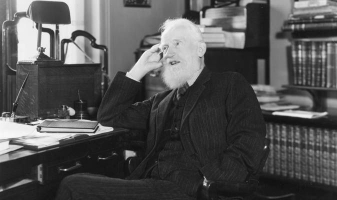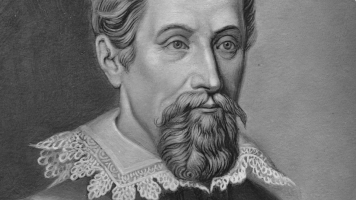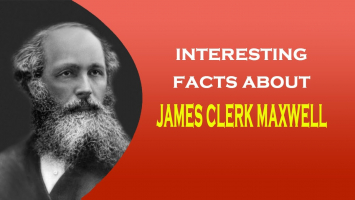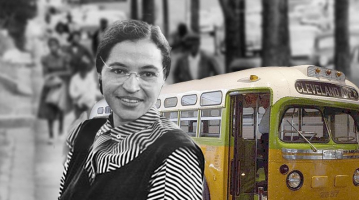Top 10 Interesting Facts About Sir Isaac Newton
Sir Isaac Newton, an English physicist, and mathematician who, more than anyone else, drove the world towards the scientific revolution, is regarded as one of ... read more...the greatest scientific minds of all time. Here are ten fascinating facts about this great scientist's life and achievements.
-
Isaac graduated from university in 1665. An epidemic known as the Great Plague of London broke out shortly after. Rats spread the disease, commonly known as bubonic plague. The university where Isaac taught had to close briefly due to the disease in order to contain it. He returned to Woolsthorpe after packing his belongings.
He used his time away from university to continue his research in mathematics, optics, and gravitation that he had begun at Cambridge. Isaac's most influential discoveries are thought to have occurred during this two-year sabbatical.
He was in his mother's garden when he noticed an apple that had fallen from a tree. This was the catalyst for him to develop his theory of universal gravitation. The same force that drew the apple also drew the moon, according to Isaac Newton. One of his most essential discoveries was based on this. Although it has been claimed that the apple story is a legend, Newton himself frequently repeated it and his acquaintances confirmed the incident, though not the cartoon version that the apple actually hit Newton's head.
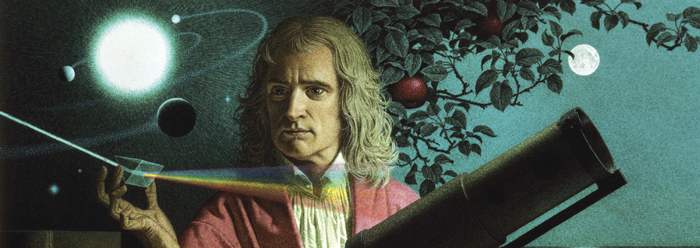
The Institute for Creation Research 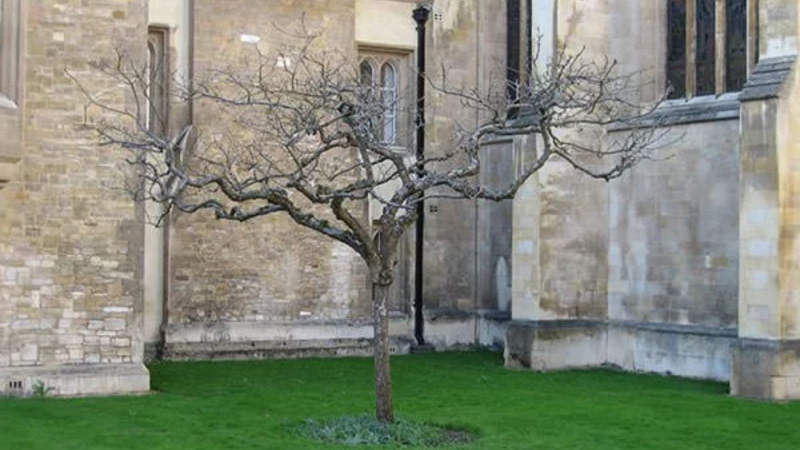
Supposedly Isaac Newton’s Apple Tree - learnodo-newtonic.com -
Newton was born on Christmas day, according to the Julian calendar. Isaac Newton was born in the English village of Woolsthorpe, in the county of Lincolnshire. There is some debate over his birth date because England was still using the old Julian calendar at the time of his birth and had not yet embraced the new Gregorian calendar. Newton was born on Christmas Day in 1642, according to the Julian calendar, and on January 4th, 1643, according to the current calendar. Newton is claimed to have been born the year Galileo died, the man whose work formed the groundwork for several of Newton's theories. This is not the case, as Galileo died in 1641 and Newton was born in 1642 on the Julian calendar, however, on the Gregorian calendar, Galileo died in 1642, and Newton was born in 1643. This commonly quoted "truth" becomes true only when the Gregorian calendar is used to calculate Galileo's death year and the Julian calendar is used to calculate Newton's birth date.
Newton was born prematurely, and at the time of his birth, he was so little that some feared he would not survive. He could have fit inside a quart mug (1.1 liters) with enough to spare, according to his mother Hannah Ayscough. Isaac Newton, Sr., Newton's father, died three months before Newton was born. Newton's mother remarried and moved in with her new husband when he was three years old, leaving him in the care of his maternal grandmother. Newton was a hater of his stepfather. "Threatening my father and mother to burn them and the house over them," he recorded as one of his faults till he was 19 years old. His mother later returned after being widowed for the second time. Newton, who was 17 at the time, was supposed to handle the family farm, but he despised it, and his schoolmaster convinced his mother to send him back to school.
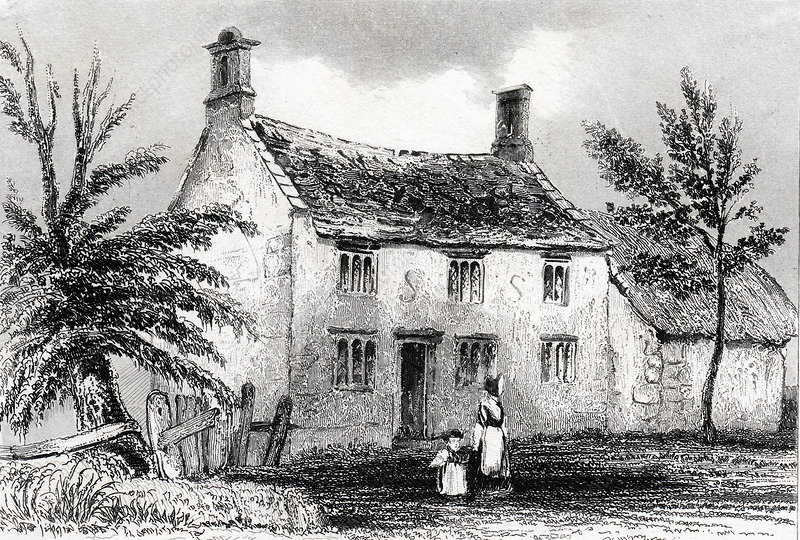
Birthplace of Sir Isaac Newton - Science Photo Library 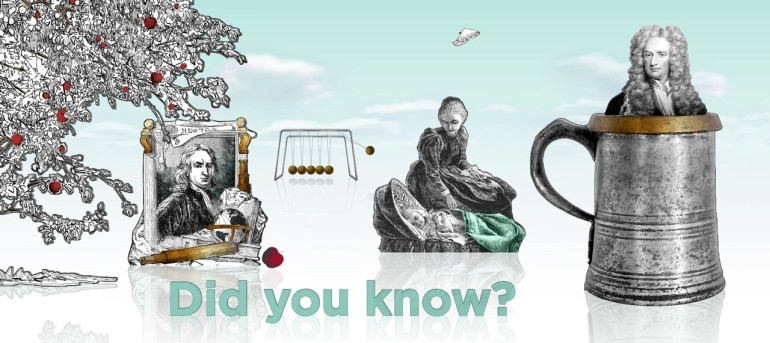
Brave Beginnings -
Newton was enrolled at a Grantham school when he was 12 years old, and he boarded at the home of the local pharmacist because the daily trek from Woolsthorpe Manor was too far. Newton was not a strong student at first, but after a clash with a school bully, he began to push himself in an effort to outperform the other child, and he eventually changed into a top student.
Isaac Newton's mother forced him to drop out of school when he was 16 years old. She had divorced her second husband and returned to her parents; Isaac was a boarding student at the time due to the distance. She wished for him to return to Woolsthorpe Manor and follow in his father's footsteps as a farmer. The adolescent was disinterested in the job and performed poorly.
She eventually agreed to allow him return to school after much persuasion from his headmaster in Grantham. In 1661, Isaac enrolled at Trinity College, University of Cambridge, and thereby avoided the farming bullet.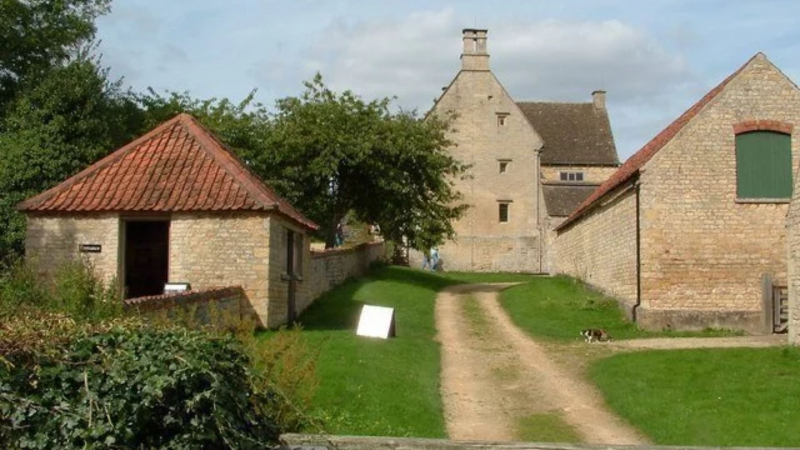
Woolsthorpe Manor, Isaac Newton’s home 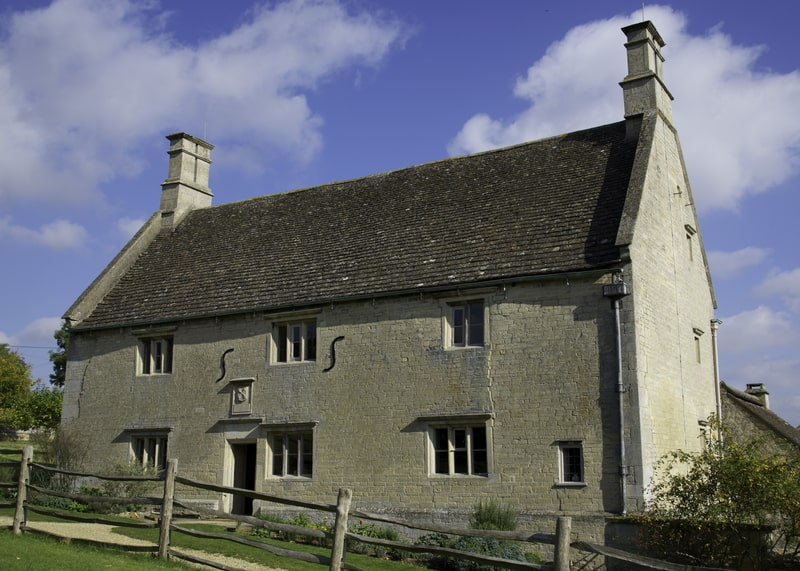
The Fact File -
Newton's experience of being abandoned by his mother was traumatic, and it is possible that it shaped his reclusive, distrustful personality. Isaac Newton kept a diary of his daily sins because he was introverted, secretive, and lonely. He was able to release his frustrations as a result of this.
He kept track of his "57 sins" in a notepad. It displayed his other side as a grumpy adolescent, as well as his worries, which most people could relate to.
He was accused of picking on his younger sister in some of his entries. He also doubted his devotion to God.
Aside from ranting in his journal, Isaac Newton kept track of the joys of his day, such as making pie on a Sunday night and eating an apple in church.
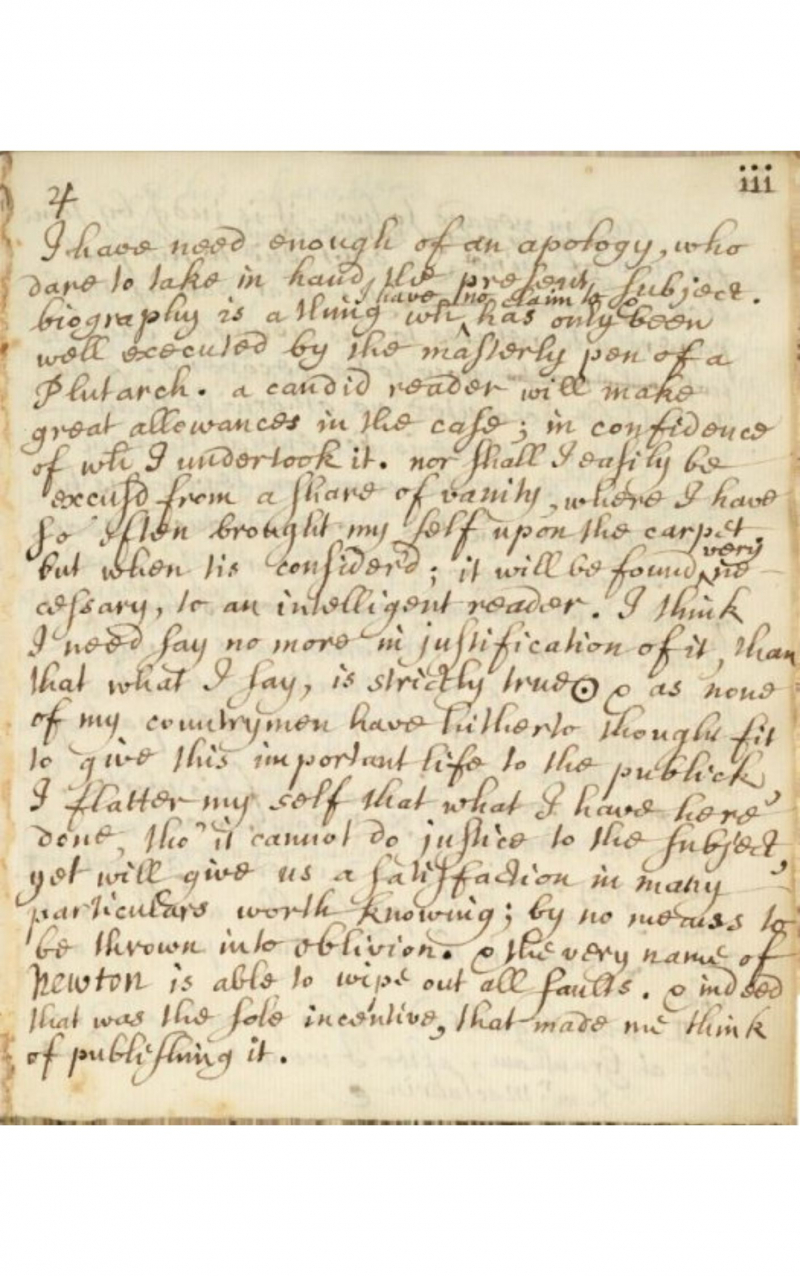
The Vintage News 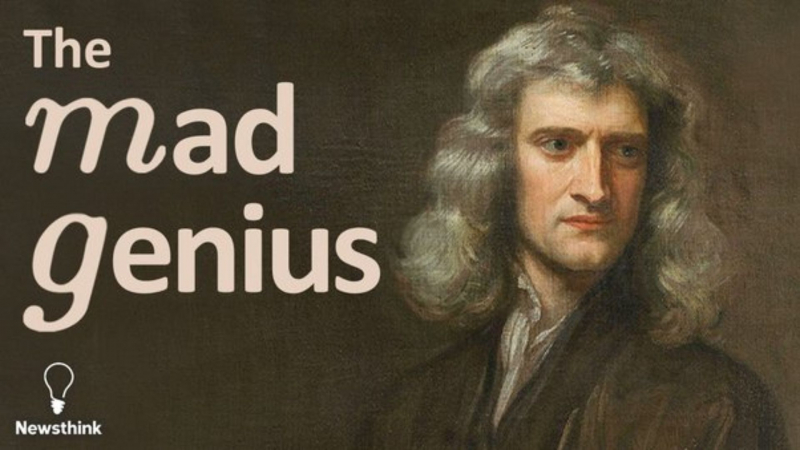
Quora -
Newton joined the Royal Mint as a warden in 1696, an organization that creates, or mints, coins in the United Kingdom. In 1699, he was appointed Master of the Mint, the Royal Mint's top officer. Newton took his responsibilities seriously and left Cambridge in 1701. He used his powers to punish counterfeiters, and in 1717, he passed the "Law of Queen Anne," which changed the Pound Sterling's gold standard from silver to gold. Newton was knighted by Queen Anne in 1705. Rather than his contributions to science or the Royal Mint, his knighthood was driven by political concerns surrounding the Parliamentary election in May 1705. After Sir Francis Bacon, Sir Isaac Newton became the second scientist to be knighted.
He'd amassed fortune after inheriting his mother's estate after her death in 1679, and he'd also written two significant books, "Mathematical Principles of Natural Philosophy" (commonly known as the "Principia") in 1687 and "Opticks" in 1704. The famed scientist was buried in Westminster Abbey, the resting place of English monarchs as well as notable non-royals like as Charles Darwin, Charles Dickens, and explorer David Livingstone, when he died in March 1727 at the age of 84.
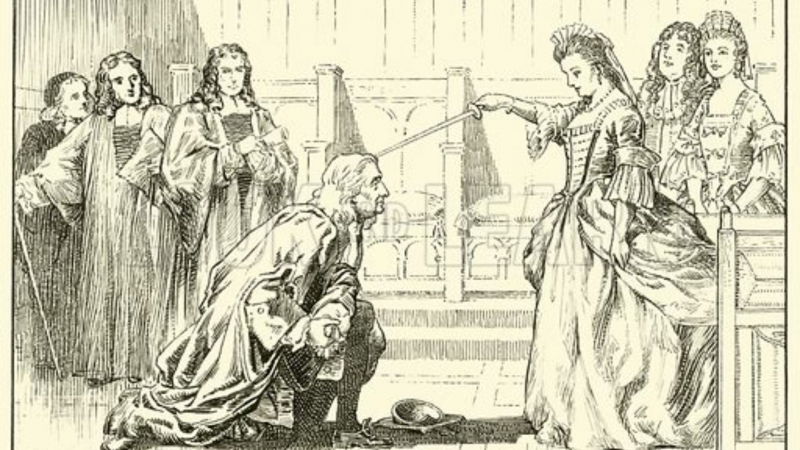
Look and Learn 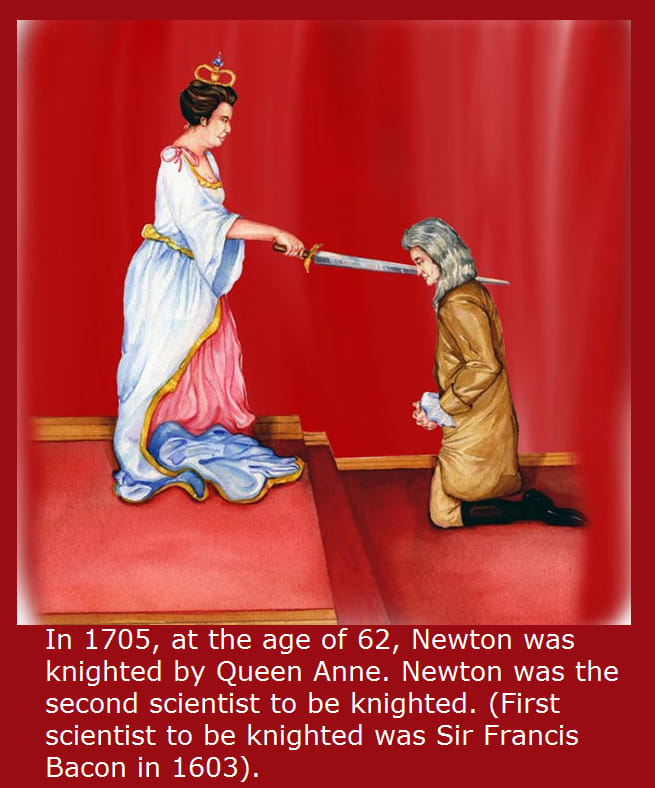
Mukta Rahman -
Newton may be envious and vengeful of his intellectual adversaries. One of his rivals was a German mathematician and philosopher Gottfried Leibniz, with whom he had a heated rivalry about who developed calculus. Newton created a version of calculus in the 1660s, but he did not publish it at the time. Leibniz developed his own version of calculus in the 1670s and published it a decade later. After documents describing Newton's secret writings leaked through the Royal Society, Newton accused the German researcher of plagiarizing them. Leibniz claimed that he arrived at his conclusions on his own and accused Newton of plagiarizing from his published work.
In an attempt to defend himself, Leibniz approached the Royal Society, and in 1712, Newton, the organization's president since 1703, agreed to appoint an unbiased committee to investigate the matter. Instead, he crammed the committee with his admirers and even wrote the report, which publicly credited him with the discovery of calculus.
The majority of modern historians think that Newton and Leibniz independently created infinitesimal calculus. Today, however, Leibniz's calculus system is the most widely utilized.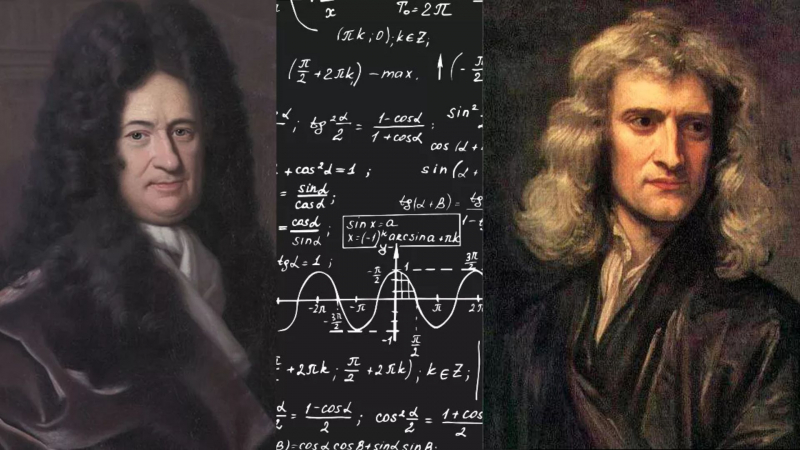
Wondrium Daily 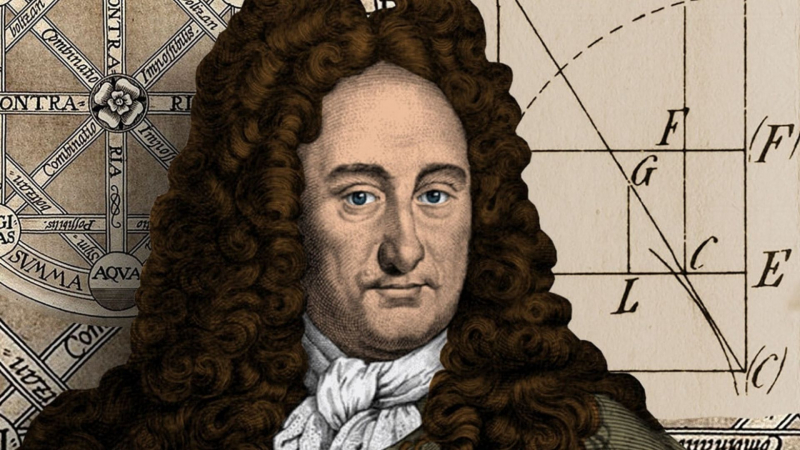
www.meteorologiaenred.com -
In 1665, Cambridge University closed its doors due to a bubonic plague outbreak in England, forcing Newton to return to Woolsthorpe Manor. He was sitting in the garden there one day when he witnessed an apple fall from a tree, which inspired him to develop his law of universal gravitation. Newton later told William Stukeley about the apple anecdote, and he included it in his book "Memoir of Sir Isaac Newton's Life," which was published in 1752.
A section of the ancient apple tree was taken onboard the space shuttle Atlantis in 2010 for a mission to the International Space Station by a NASA astronaut. As part of the 350th anniversary of the Royal Society's creation, the section of the tree was lent to the expedition by the Royal Society, a scientific organization previously led by Newton. The original apple tree at Woolsthorpe Manor is still growing today.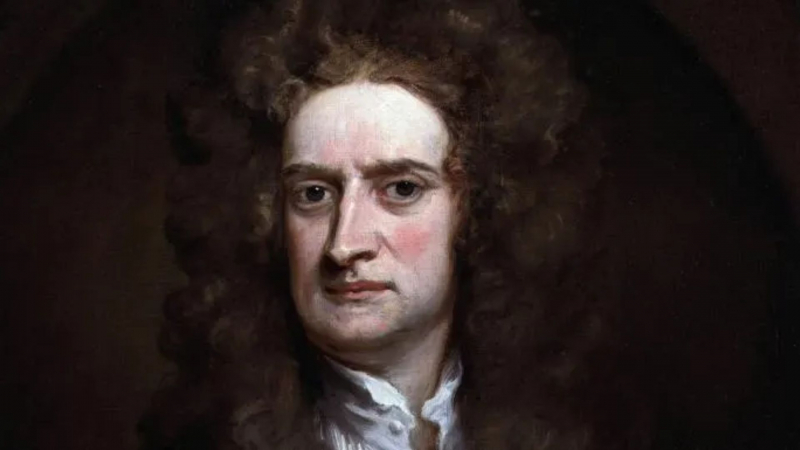
www.history.com 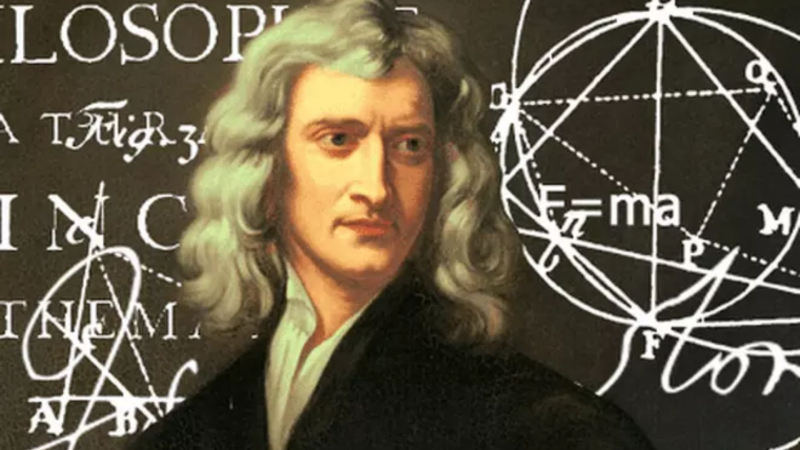
SOHA -
Newton, who was 26 at the time, was appointed Lucasian professor of mathematics at Cambridge, one of the world's oldest institutions, which dates back to 1209. (Newton was the second person to occupy the Lucasian professorship; the 17th was scientist and "A Brief History of Time" author Stephen Hawking, who held it from 1979 to 2009.)
Despite staying at Cambridge for nearly 30 years, Newton displayed little interest in teaching or in his students, and his lectures were rarely attended; on occasion, no one showed up at all. Newton was preoccupied with his own studies.
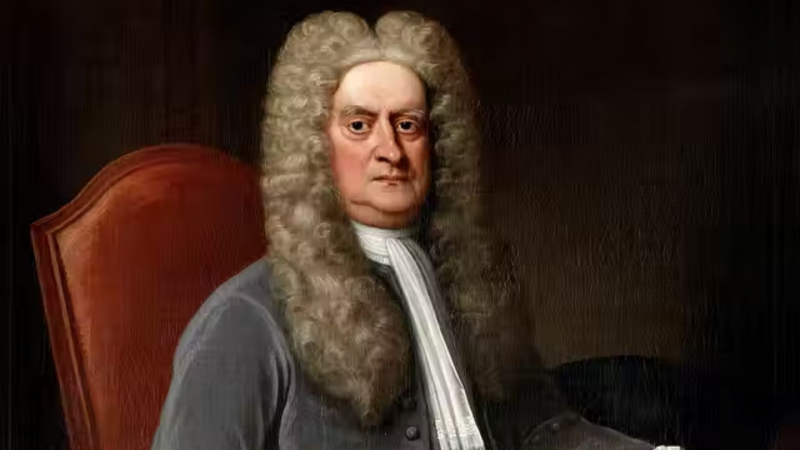
The Conversation 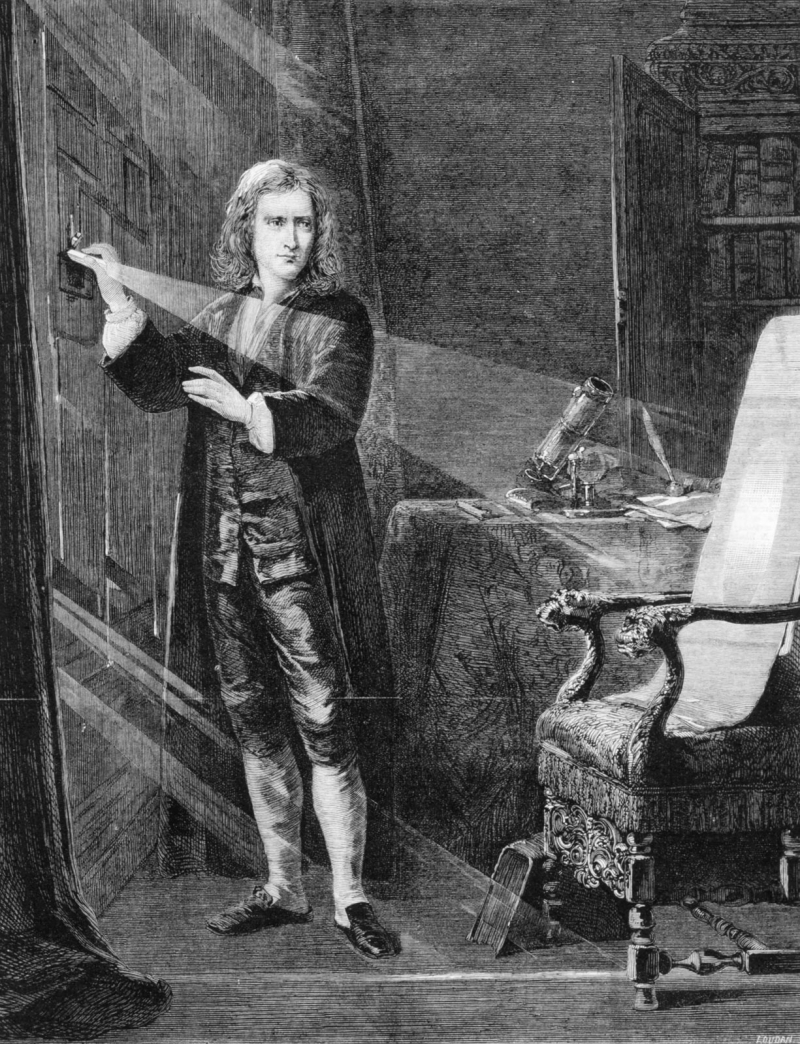
Zero Equals Two! -
In 1696, Newton was appointed warden of the Royal Mint, which was in charge of manufacturing England's currency. He left Cambridge, his long-time home, and relocated to London, where the mint was housed in the Tower of London. Newton was promoted to the more lucrative position of master of the mint three years later, a position he held until his death in 1727.
Newton oversaw a massive campaign to remove all of the country's old coins from circulation and replace them with more stable coinage during his term at the mint. He was particularly interested in researching counterfeiters, and as a result, he became acquainted with the city's murky underbelly as he personally tracked down and questioned suspected criminals, receiving death threats in the process. Several of the forgers he went after were hanged.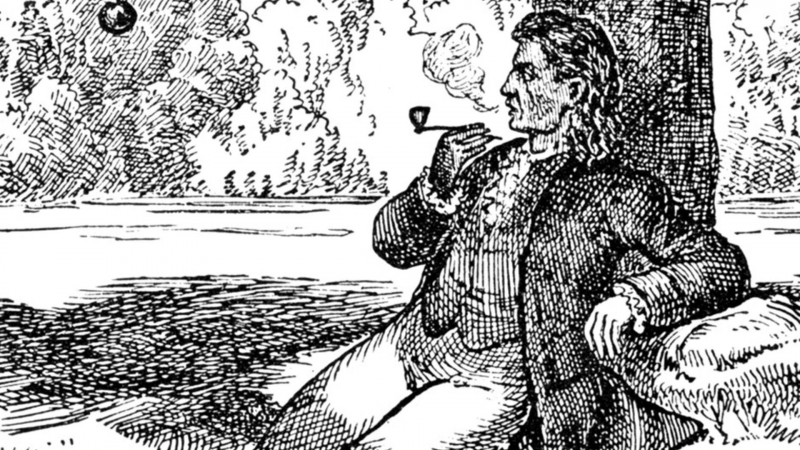
The Royal Mint 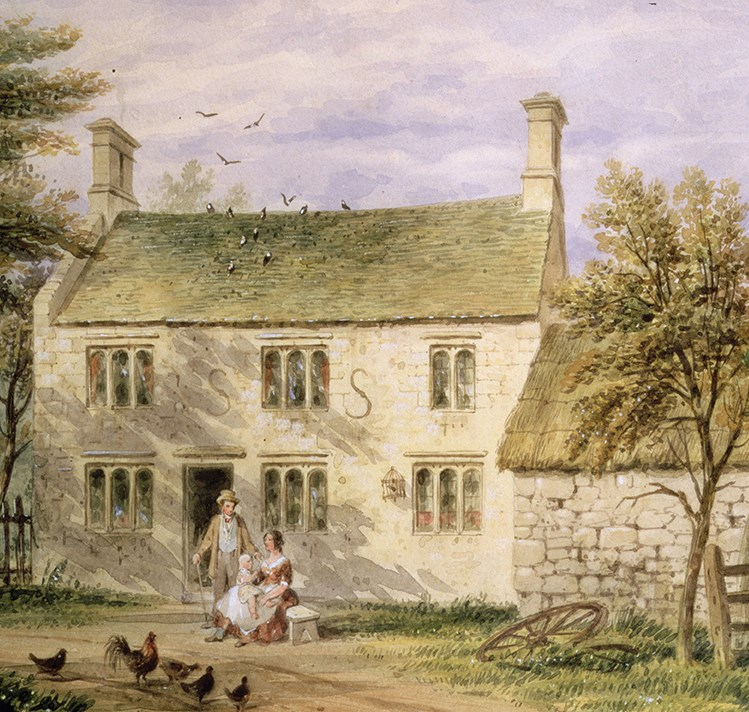
The Royal Mint -
Newton spent much of his adult life, in addition to his scientific pursuits, pursuing another hobby, alchemy, with the objective of discovering the philosopher's stone, a material that reportedly could change ordinary metals like lead and iron into gold. He kept his alchemical experiments a secret and kept some of his findings in code.
Newton researched the Bible, among other things, in an attempt to uncover hidden messages about how the cosmos works.
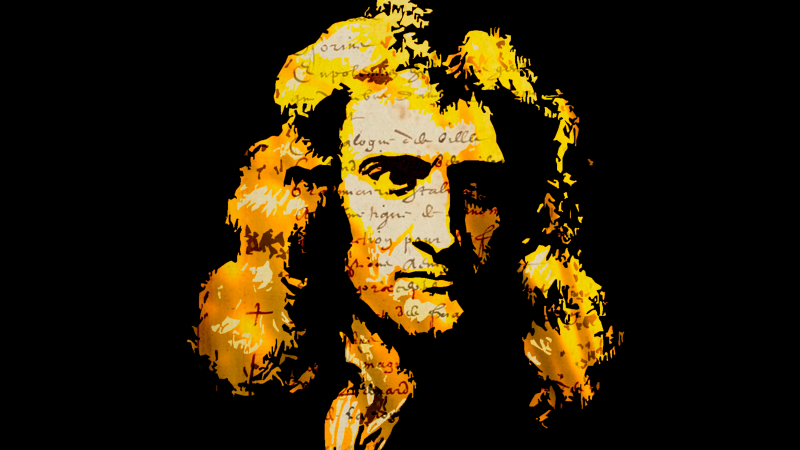
Wisconsin Public Radio 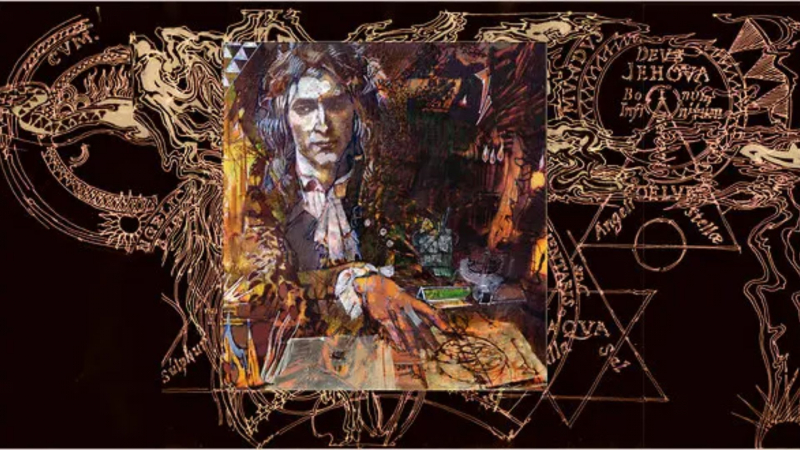
The New York Times












